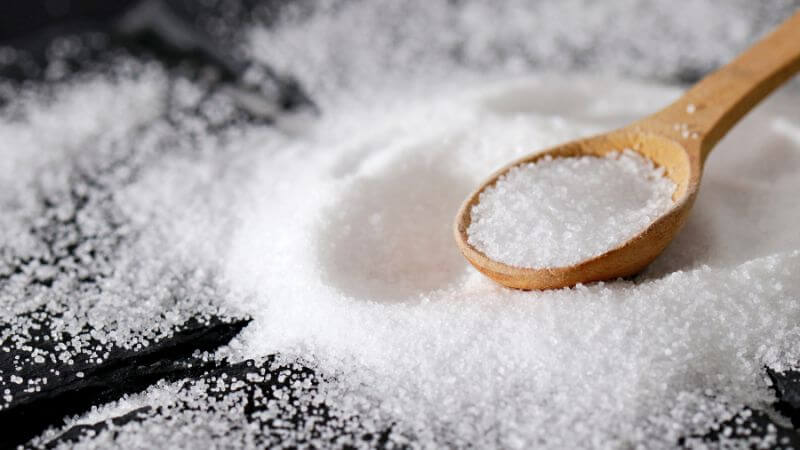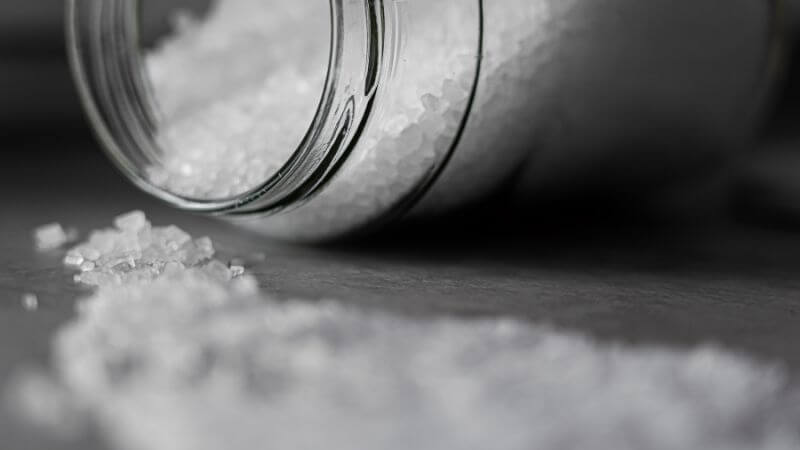A study shows that eating less salt could save many lives in India. Following WHO-recommended sodium levels could prevent 300,000 heart and kidney disease deaths in India over the next decade, a WHO study estimates. Salt contains sodium which can be dangerous if taken in excess. The WHO report says that we should eat less than one teaspoon of salt each day. However, most people in India eat twice as much salt as they should. A lot of this extra salt comes from packed food that we buy from stores like chips, noodles, and ready-to-eat meals.
Well, the most interesting part is when it comes to food, Indians don’t have any rules to it. India doesn’t have any rules that tell food companies to reduce salt in their products. This is different from other countries like Argentina, South Africa, and the UK, which have made rules about how much a company should put salt in packaged food. These rules have worked well in these countries and as a result, people are eating less salt.
WHO Study On Sodium Levels

A study was published in a famous medical journal called the Lancet Public Health. The WHO recommends under two grams of sodium a day. It is roughly the same as less than a teaspoon or five grams of salt a day. The study shows some amazing benefits of eating less salt. It shows that following WHO advice could prevent 1.7 million heart problems like heart attacks, and 700,000 cases of kidney diseases. This would also save about $800 million in medical costs over 10 years.
The WHO suggested reducing salt intake. This is important because eating too much salt is one of the main reasons why people get sick or die from diet-related causes. India did start a program called ‘Eat Right India’ in 2018. This program tries to teach people about healthy eating and taking less salt in their foods. However, researchers including some from the George Institute for Global Health, Hyderabad think India needs strong rules about how much salt companies can put in packaged food.
Preventions

It is becoming important because Indians are buying and eating more packaged foods than ever before. These researchers see their studies prove that India should follow WHO’s guidelines about salt intake. They believe that if food companies are required to use less salt in their products, it could make a huge difference in keeping people healthy. By making these changes, many lives could be saved and save your people from getting serious illnesses. It would also help reduce the money spent on treating these health problems. The researchers hope the study will convince Indian authorities to take stronger action to reduce salt in food.
Follow Us: Facebook | Instagram | X |
Youtube | Pinterest | Google News |
Entertales is on YouTube; click here to subscribe for the latest videos and updates.














